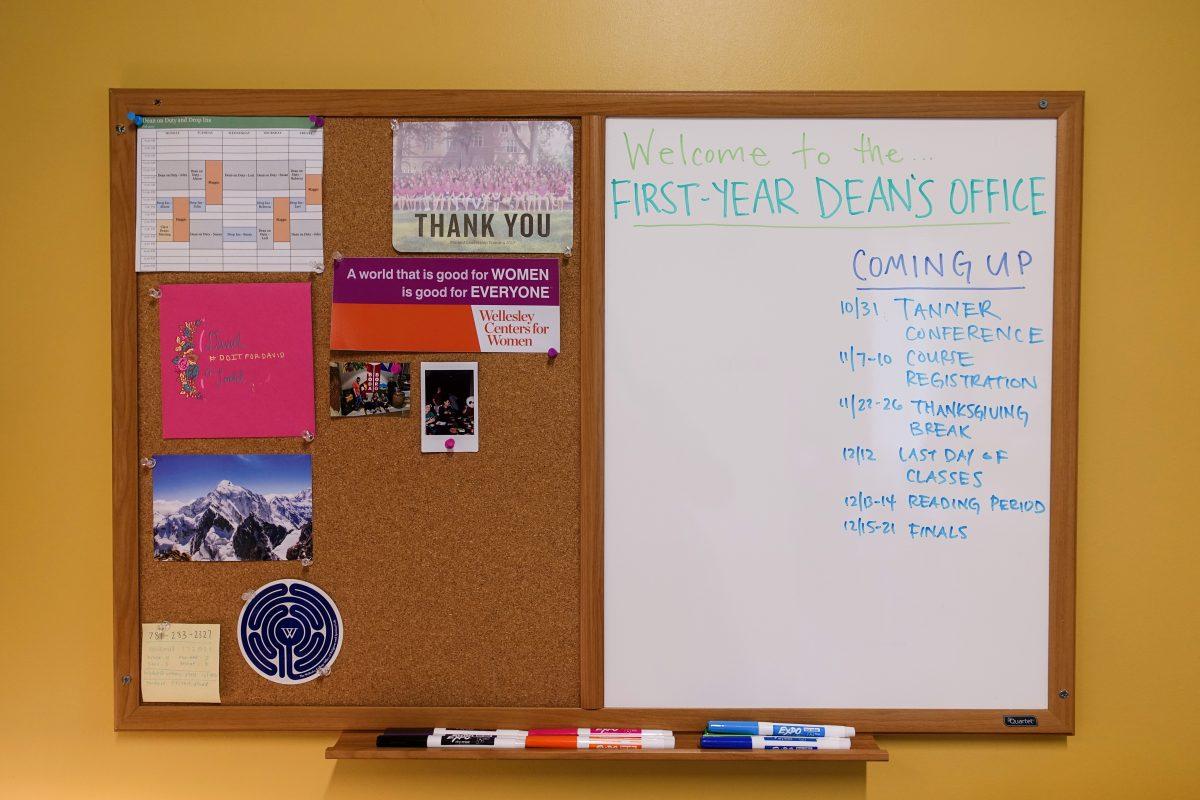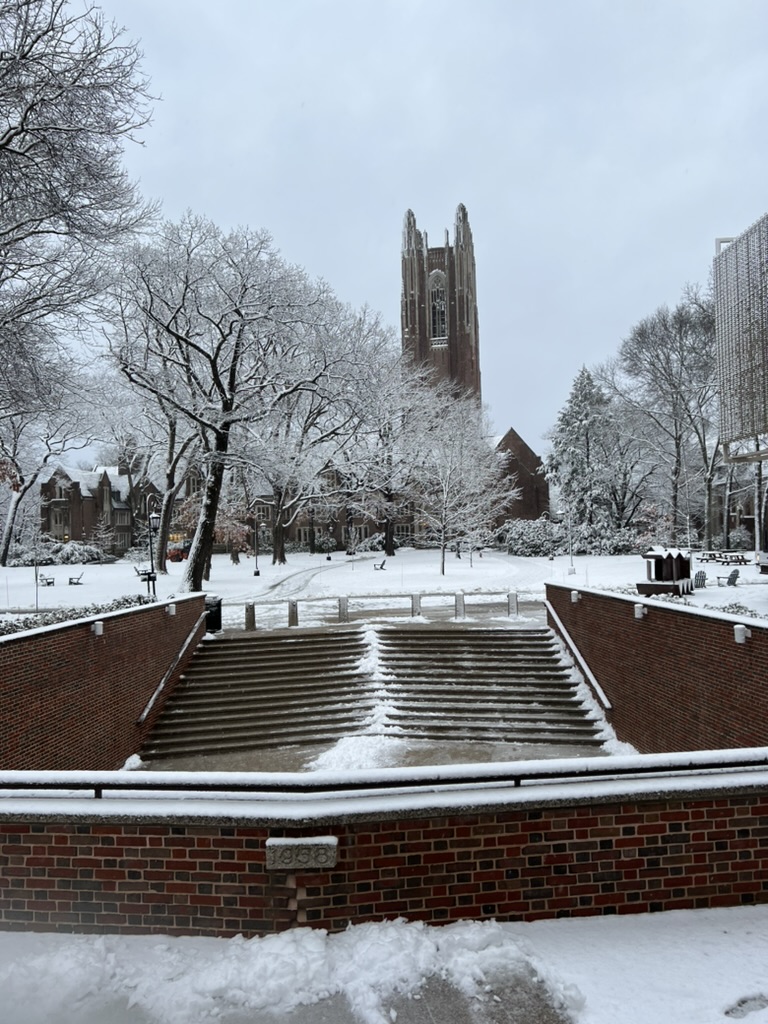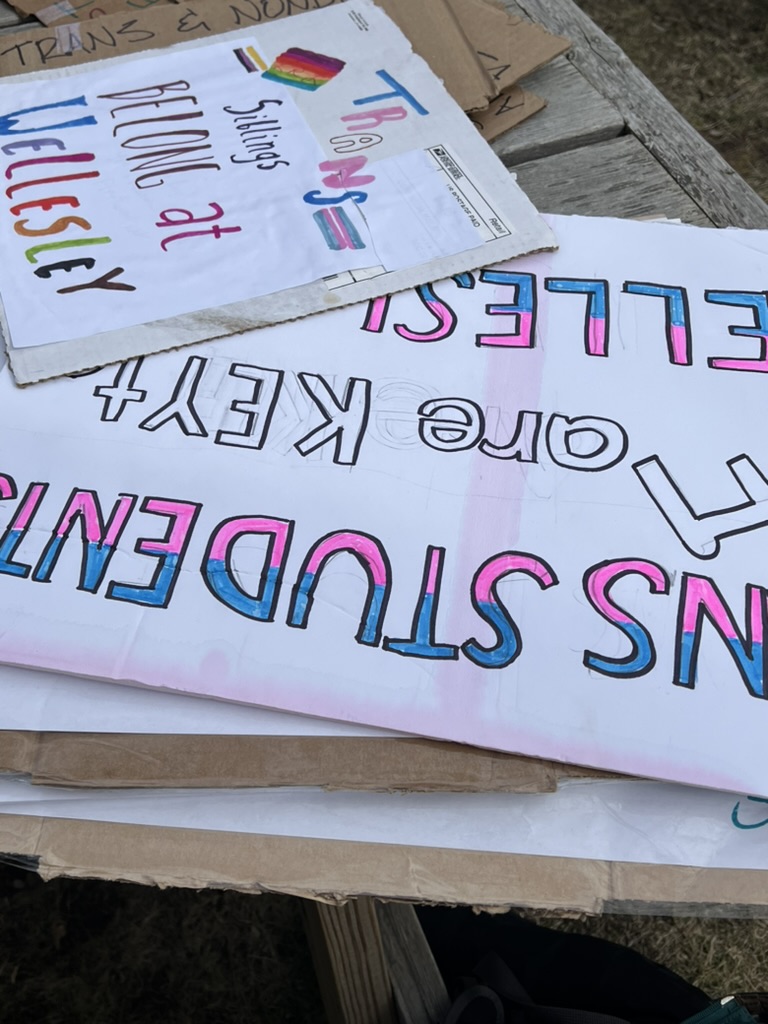Before a student receives a degree from Wellesley College, they must fulfill all the academic requirements which Wellesley considers essential to a well-rounded, liberal arts education. However, according to Multicultural Affairs Coordinator Dina Al-Zu’bi ’19, the College’s current standards for meeting its multicultural distribution requirement does not give students the full scope of cultural competency that one would hope to receive from a prestigious liberal arts college.
Chief among Al-Zu’bi’s concerns is that the multicultural requirement isn’t as clearly spelled out as other distribution requirements. “The lack of any intentional and clearly de ned goal is also reflected in the breadth of the subjects that can satisfy the requirement,” they explained. “It is unclear what they have in common or what the pedagogical goals are for the requirement.”
In its current form, the multicultural requirement demands Wellesley students “must complete one unit of coursework that focuses on (1) African, Asian, Middle Eastern, Caribbean, Latin American, Native American, or Paci c Island peoples, cultures, or societies; and/or (2) a minority American culture, such as those de ned by race, religion, ethnicity, sexual orientation, or physical ability; and/or (3) the processes of racism, social or ethnic bias, or cross-cultural interaction.” A student then submits a form that explains why a class they took fulfills the requirement.
As Al-Zu’bi begins their project, there have been a variety of discussions, both in Senate and on campus, about how the multicultural requirement might be changed to better serve the community. For some, a simple change like making the required courses searchable on the course browser would go a long way to making the course an active choice by students, unlike the current system, where many students don’t think about the multicultural requirement until they have to ll out the Google form.
There was a strategizing meeting with the Community Action Network on Wednesday Oct. 18, where these conversations began to take place in earnest. College Government Vice President Karen Su ’19 strongly believes that this is a necessary start to a conversation about the role that a diverse curriculum plays in creating well- rounded students.
“With the current political climate, it is important now more than ever that students are given the resources and tools to facilitate healthy dialogue yet be able to readily confront sexism, racism and bigotry in all the forms they see it in the classroom, on/off campus conversations or in their daily lives,” Su said. She thinks that the multicultural requirement needs to be taken as seriously by the College as its first year writing program. “[The multicultural requirement] should be given enough attention to it so that it can truly uphold the pillar that we hold to be true – non ministrari, sed ministrare,” she asserted.
Emily Boyk ’19 also attended the strategizing meeting. She thinks that the definitions are too broad and the requirements are too vague for students to be sufficiently exposed to cultural tolerance. She said that many of the issues lie in its lack of specificity, like “the way the requirement is completed, the focus on non-Western or ‘minority’ cultures as being the defining feature of multiculturalism, the level of engagement with the topic required and what courses ‘count’ for the requirement.”
Kelly Huang ’18 wants to ensure that the multicultural requirement is more than a surface-level understanding of other cultures. “The subjects and issues [that] the multicultural requirement seems to be about, are broad, complex, deep and multifaceted,” she explained, “and cannot be expected to be t into one course, or even three … it is important that all students are engaging in these subjects critically through their MCR course.”
Al’Zu-bi, Boyk, and Huang do have concerns that the student body might be hesitant to add more requirements to getting a degree, but changing the multicultural requirement isn’t intended to be an onerous task. “Many students already feel burdened by the various degree and distribution requirements, and this review and the resulting suggested changes are not to make it more difficult to fulfill the requirement, or increase requirements, but aim to clarify, refocus and improve the multicultural requirement,” Huang said.
The next College Government Town Hall will be devoted to the issue. Al-Zu’bi hopes that College Government can use this forum to “gather the voices of students, alums, faculty, staff and administrators to hear about their experiences with the requirement and [discuss] what they envision an ideal multicultural requirement to look like.”
Al-Zu’bi hopes to spend the beginning of this year collecting student and faculty input on what they hope to see from the multicultural requirement. “The next steps would then be researching how that goal can best be achieved through curricula and the final step would be to present that to Academic Council to vote on,” they explained.
The Academic Council and the Committee on Curriculum and Academic Policy are ultimately responsible for changes to the requirement, so students who are working on the project hope to bring a proposal to the committees by the end of the year that outline their goals for a revised multicultural requirement, as well as a research- backed justification for a change in College policy.






